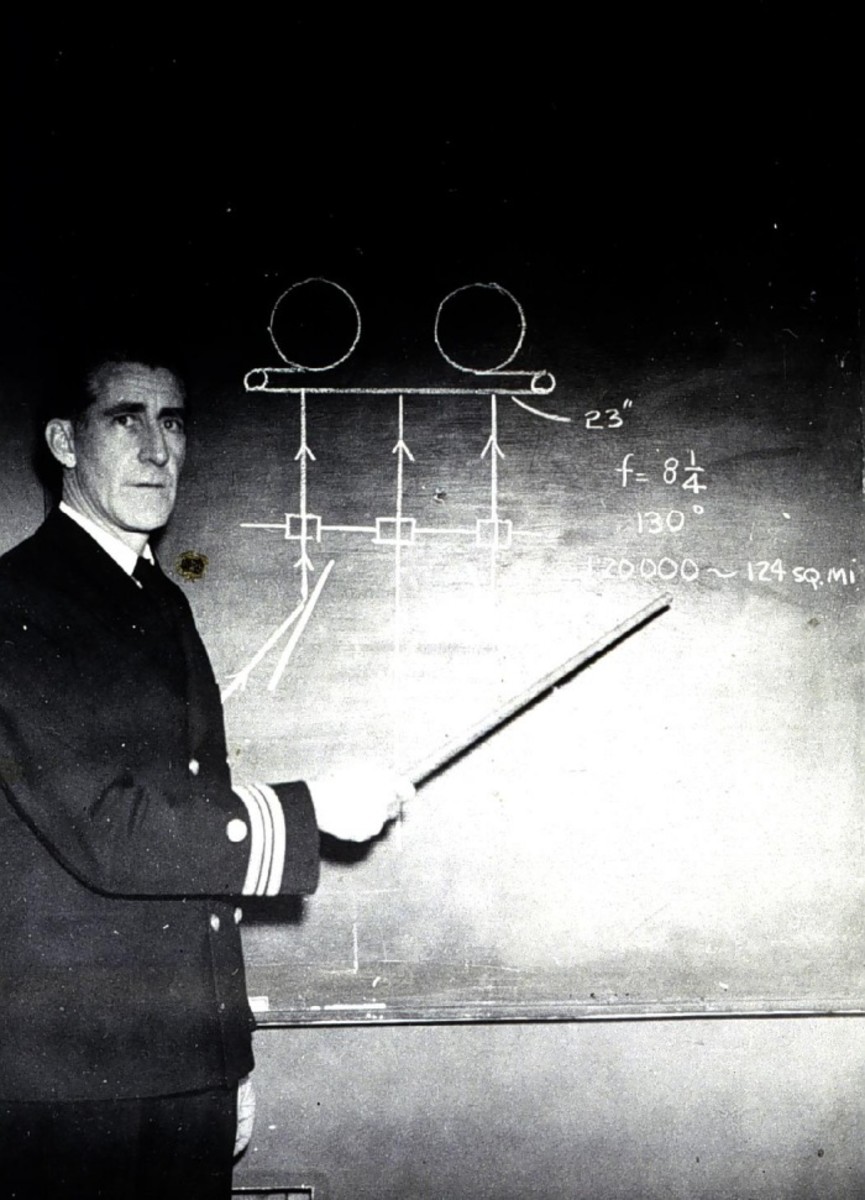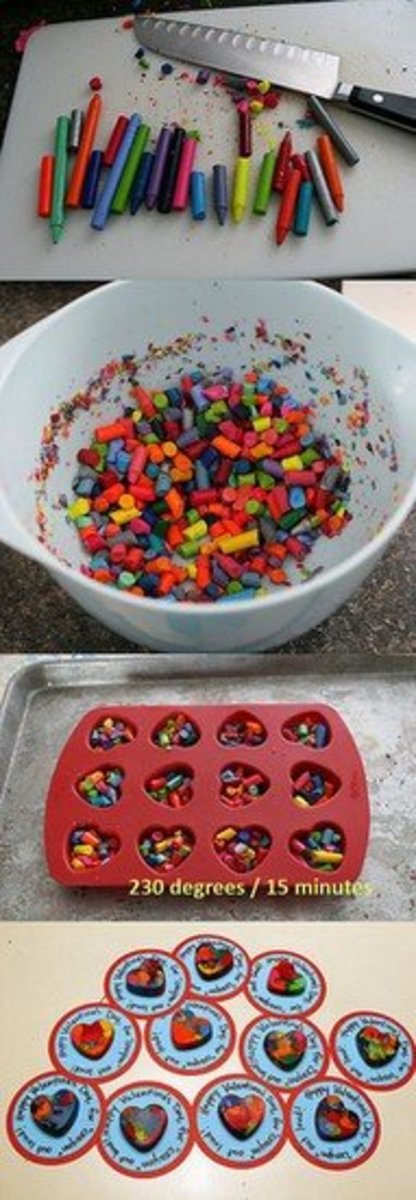Qualities of an Excellent School Curriculum

Teachers have several teaching methods to choose from when developing their own teaching philosophy. In addition to considering the quality of a curriculum, this writer suggests that teachers ought to consider how the curriculum perceives the role of the teacher as it relates to the student, and the curriculum's perceived nature of the student.
These two factors closely determine the curriculum – what is actually taught — and classroom procedures. For example, the progressive philosophy puts the student at the center of the classroom and believes the student is a good judge of what he should learn during the school day (Knight, 2006, p. 106). Instead of a strict list of things to learn, teachers encourage a positive learning environment where students feel good about learning. According to Knight, progressive teachers act more as a guide than an authoritarian (p. 107). Cooperation is key to this classroom.
Conversely, the Biblical philosophy recognizes that man has a sinful nature and will therefore attempt to reject rules and schedules. The traditional Biblical teacher will put routines and rules into place to curb the sinful nature and will select a curriculum that encourages character building and that reflects God’s truth from the students character and talents for future Christian ministry (Knight, 2006, p. 215).
In this writer’s opinion, a good curriculum will hold the teacher accountable for teaching concrete facts, and will require students to learn and understand what they have read. A curriculum must assess student learning in order to prove effective, otherwise the school day has been wasted. While the specifics of a curriculum would vary on the specific subject and grade levels, there are specific guidelines that this writer would prefer. For example, a history curriculum would discuss God’s hand in society, a science curriculum would show God’s handiwork, and a language art curriculum would show God’s logic and order.
Regarding the actual curriculum selection, this writer would look for a textbook that includes concrete facts, frequent review, and requires students to analyze and synthesize what they already read and learned in the class. These characteristics of a curriculum are important to this writer because she feels it is indicative of a quality curriculum. This writer also would look for a curriculum with a Biblical perspective. As Van Brummelen (2002) notes, there is no such thing as a neutral curriculum (p. 20). Since every teacher and textbook has an agenda — one that is either in-line or opposes God’s laws — this writer would of course look for a curriculum that reflects God’s principles.
References
Knight, George R. (2006) Philosophy & education: An introduction in Christian perspective. Berrien Springs, MI: Andrews University Press.
Van Brummelen, Harro. (2002). Steppingstones to curriculum. Colorado Springs, CO: Purposeful Design Publications.









